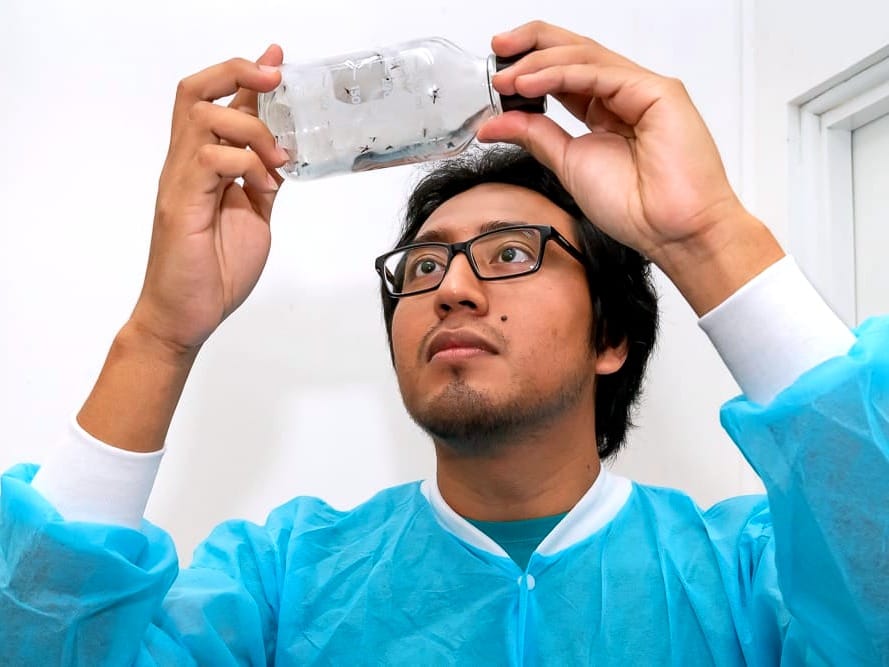With the Earth warming and the range of tropical sicknesses transmitted by mosquitoes expanding, the U.N. health agency finds scientific studies often fail to assess the full impacts of human-induced climate change on malaria, dengue, trachoma and other tropical vector-borne diseases.
A review by experts for the World Health Organization and Reaching the Last Mile of more than a decade of published research on how climate affects malaria and neglected tropical diseases, or NTDs, points out a concerning bias. The review finds the research focuses on wealthier countries with low disease rates and high access to quality health care.









